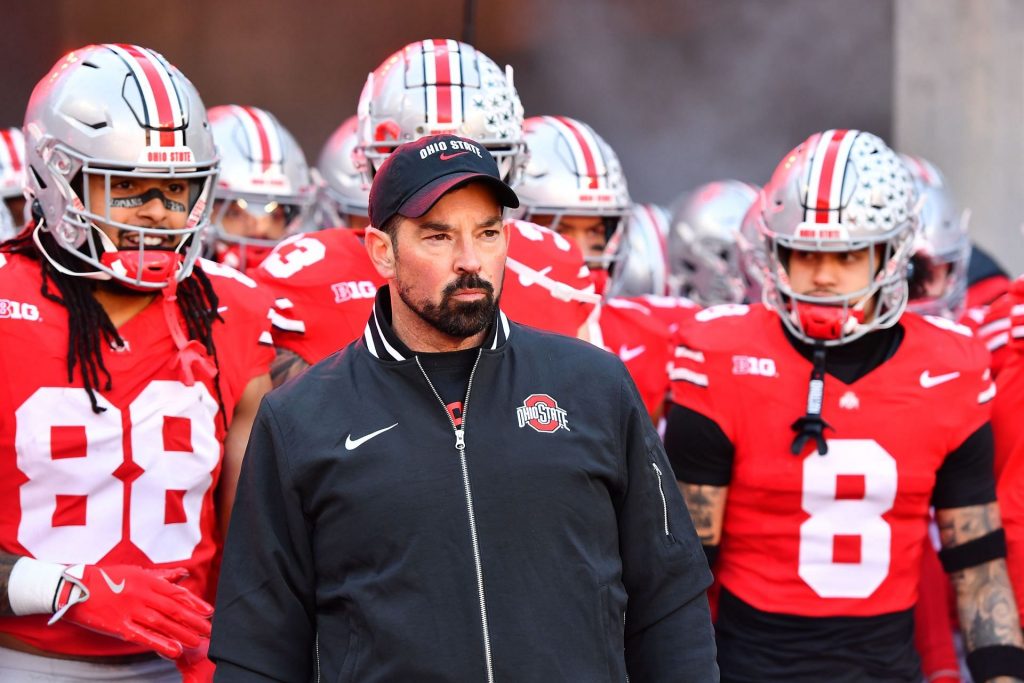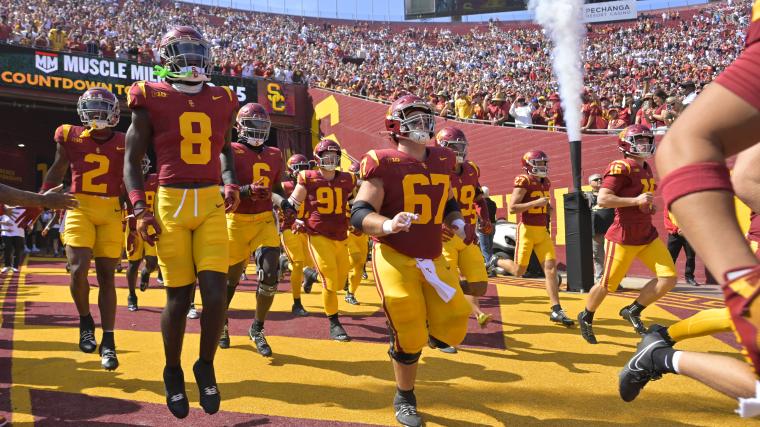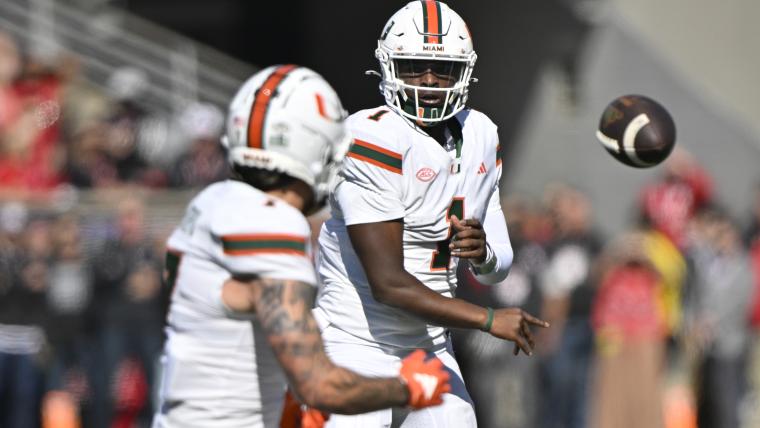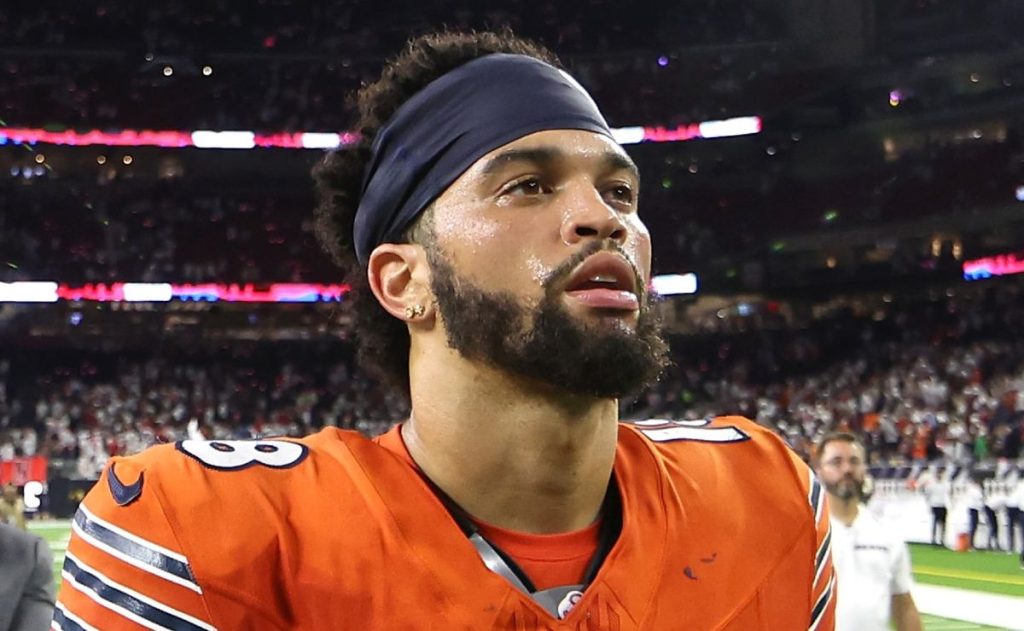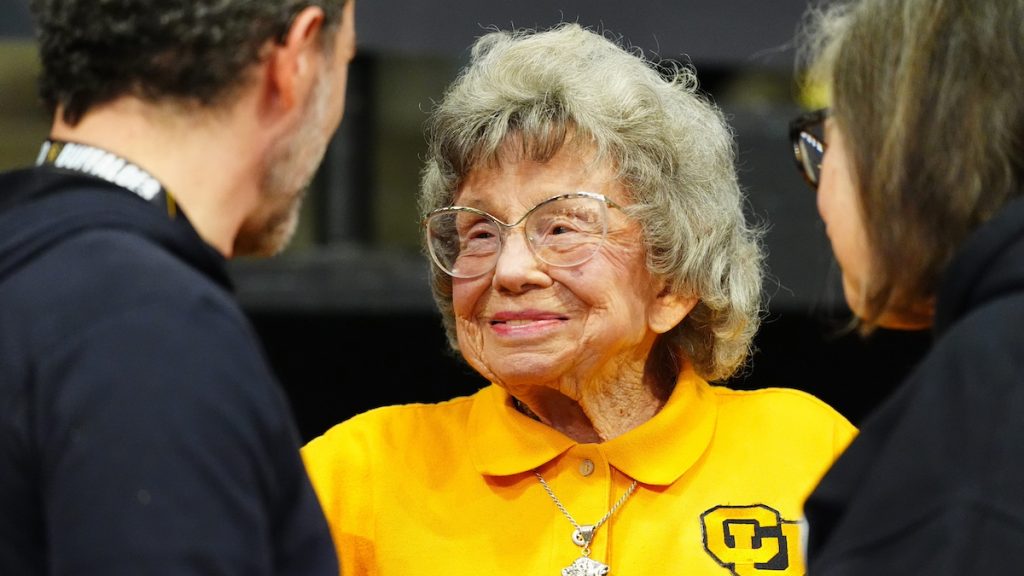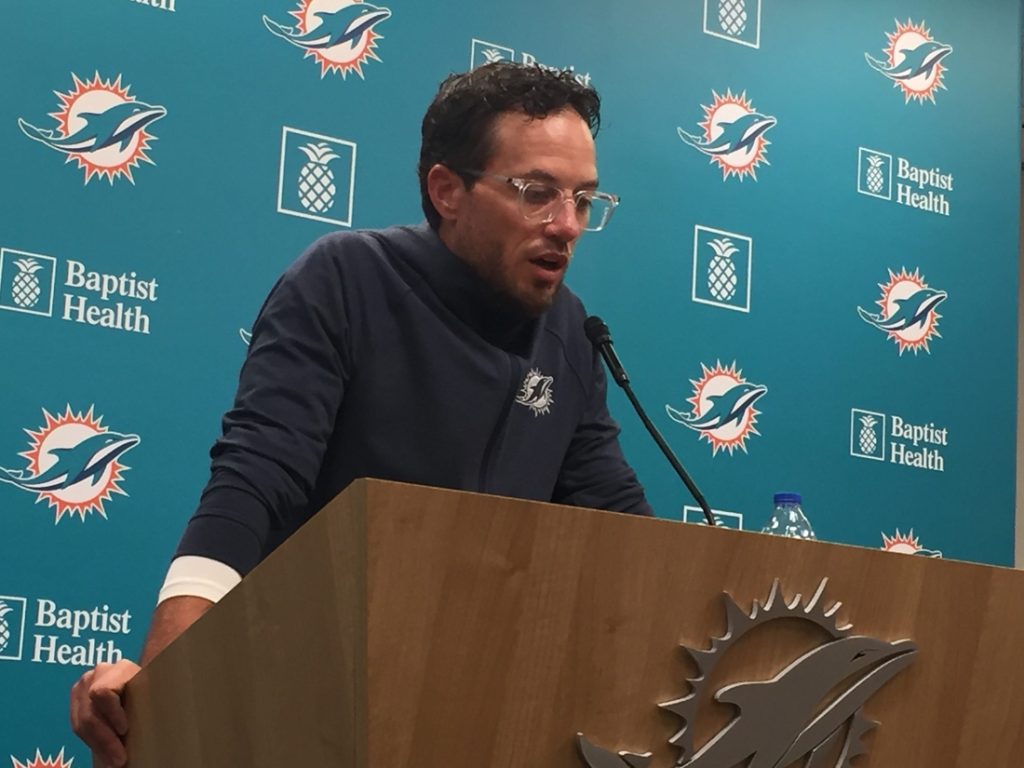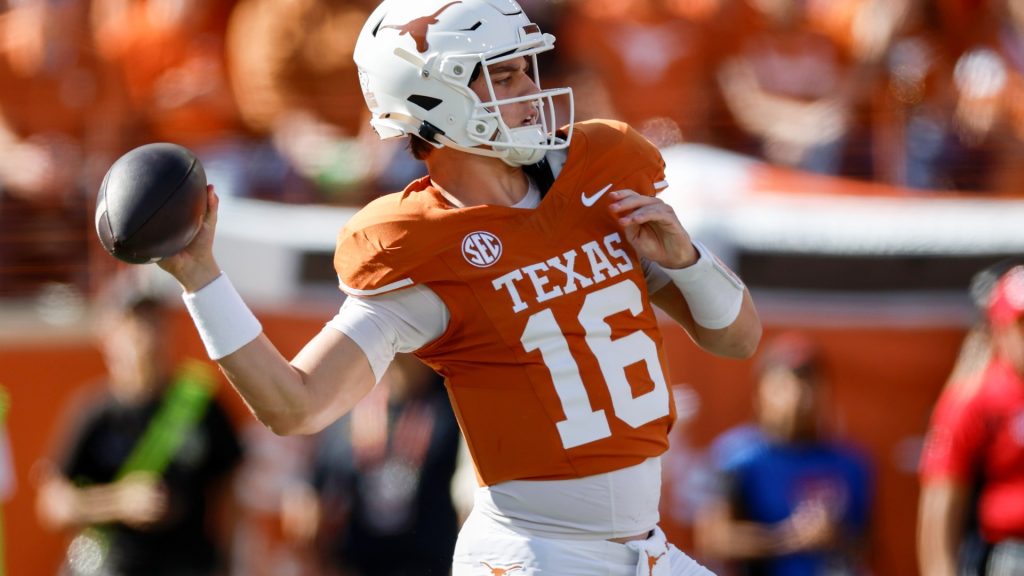In a surprising turn of events, the national championship game this year between Ohio State and Notre Dame saw a notable drop in viewership. College football insider Thomas Goldkamp has raised eyebrows over this decline, questioning the scheduling of the game, which took place on a Monday night. This scheduling choice has sparked discussions about the future of college football’s calendar.
Viewership Numbers Tell a Story
The Buckeyes’ victory on that fateful Monday averaged 22.1 million viewers on ESPN. While this figure made it the most-watched game of the expanded 12-team College Football Playoff, it still fell short compared to last year’s championship. In 2022, the thrilling clash between Washington and Michigan attracted an impressive 25.05 million viewers. This stark contrast raises questions about what might have gone wrong this year.
Potential Reasons for the Decline
Several factors could be at play behind the decreased viewership. One significant reason is the decision to hold the championship game on a Monday night rather than a weekend. This scheduling choice likely deterred many fans from tuning in, as weekends are typically reserved for major sporting events. Could the NCAA have made a misstep in planning the timing of such an important game?
Another possible reason for the lower numbers could be the overlap with President Donald Trump’s inauguration ceremony. Although the game kicked off a few hours after the ceremony, the extensive coverage of the event throughout the day may have diverted potential viewers away from the game. Additionally, the impact of the NFL’s divisional round games over the weekend could have further contributed to the dip in interest for the college football playoff final.
Criticism from Analysts
Fox Sports analyst Joel Klatt was vocal about his dissatisfaction with the NCAA’s scheduling choices. Just half an hour before the championship game began, Klatt took to X (formerly Twitter) to express his frustrations. He argued that the national championship should be the pinnacle of college football, a destination for every player, coach, and fan. Yet, he pointed out, someone decided that a Monday night during the NFL playoffs was an appropriate time for such a significant game.
“This is supposed to be the pinnacle of our sport…yet somebody decided that playing the National Championship on a Monday night deep into the NFL playoffs was a good idea…the mismanagement of CFB has been egregious,” Klatt tweeted.
Calls for Change
In a follow-up tweet, Klatt urged the NCAA to consider hosting the College Football Playoff final on New Year’s Day every year. This suggestion resonates with many fans who believe that a holiday setting would attract a larger audience, allowing the championship game to shine in its rightful spotlight. After all, New Year’s Day has historically been a day for college football, filled with excitement and tradition.
Looking Ahead: What’s Next for College Football?
As the dust settles on this year’s championship game, the conversation about the future of college football scheduling is heating up. With viewership numbers declining and analysts calling for change, will the NCAA take heed? The potential for a revamped calendar could lead to increased fan engagement and a resurgence in viewership for future championship games. After all, college football is not just a sport; it’s a cultural phenomenon that deserves to be celebrated in the best possible way.
As fans and analysts alike reflect on this year’s national championship, the overarching question remains: how can college football elevate its marquee events to ensure they capture the attention they deserve? With the right adjustments, the future of college football could be brighter than ever.
In the end, the passion for college football runs deep, and it’s crucial that the NCAA listens to the voices of its fans and analysts. The game deserves to be showcased in a manner that honors its significance and the dedication of everyone involved. Here’s hoping that the lessons learned from this year’s championship lead to a more exciting and engaging future for college football.

